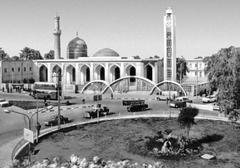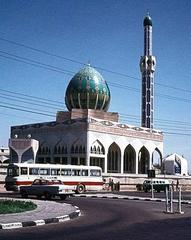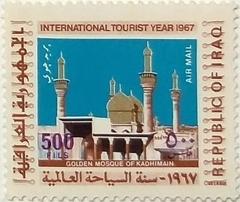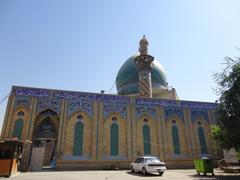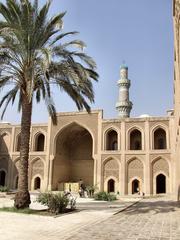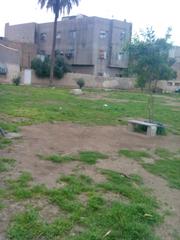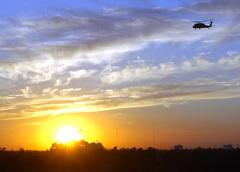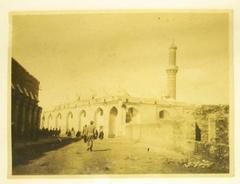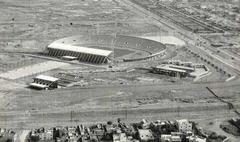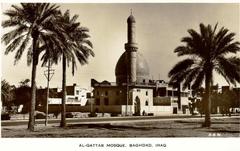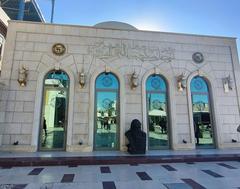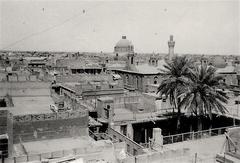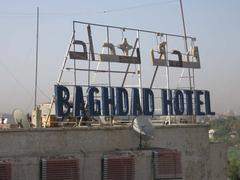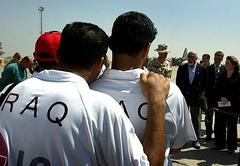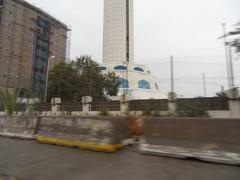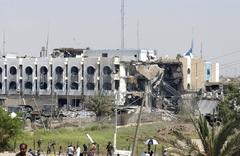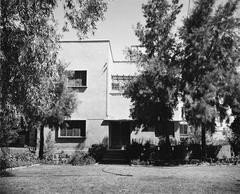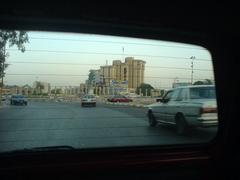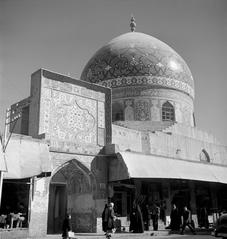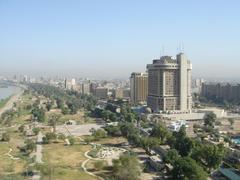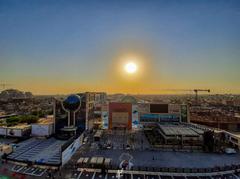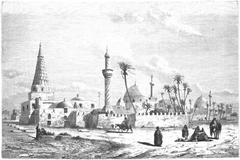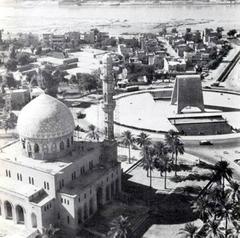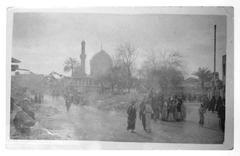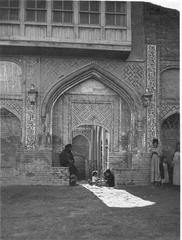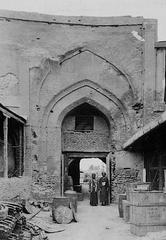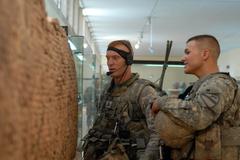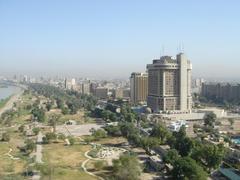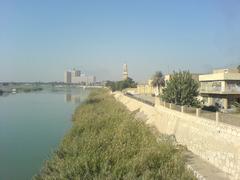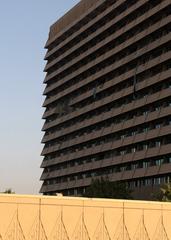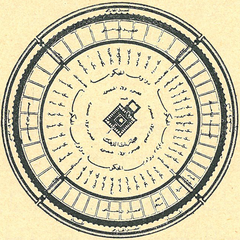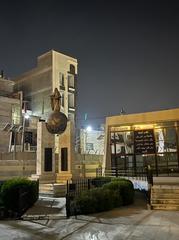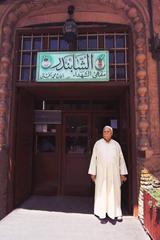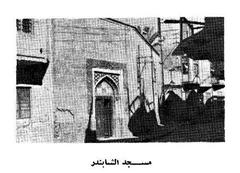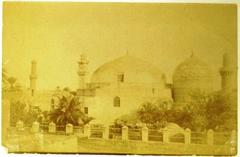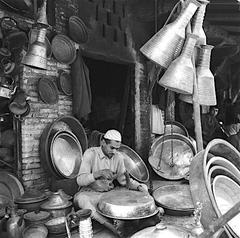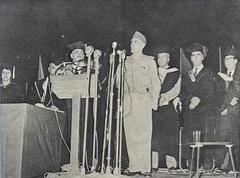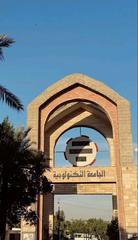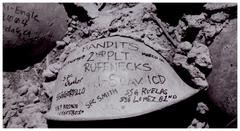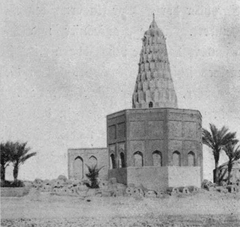Al Khuld Hall Baghdad: Visiting Hours, Tickets, and Historical Sites Guide
Date: 14/06/2025
Introduction: Al Khuld Hall’s Enduring Legacy
Al Khuld Hall, often called the “Palace of Eternity,” is a profound symbol within Baghdad’s historical and cultural fabric. Though the original Abbasid-era structure has long vanished, its legacy continues to shape how we understand Baghdad’s past, architectural innovation, and ongoing revival as a center of culture and tourism in the Middle East. This guide provides a comprehensive overview of Al Khuld Hall’s layered history, explores its political and architectural significance, and equips visitors with practical information for exploring Baghdad’s historic sites—making it essential reading for history enthusiasts, cultural travelers, and curious visitors alike (smarthistory.org, Wikipedia: Khuld Palace).
Table of Contents
- Foundation and Architectural Context
- Political Role and Symbolism in the Abbasid Caliphate
- Decline, Destruction, and Legacy
- Modern Al Khuld Hall: Restoration and Contemporary Role
- Location and Urban Context
- Visitor Information: Hours, Tickets, Tips
- Safety, Accessibility, and Local Etiquette
- Nearby Attractions
- FAQs
- Conclusion and Recommendations
- Sources
Foundation and Architectural Context
Abbasid Origins
Baghdad was founded in 762 CE by Caliph al-Mansur as a “round city,” with the caliphal palace and mosque at its heart. Al Khuld Hall, situated within this central palatine quarter, served as the main audience and ceremonial hall, reflecting the grandeur of the Abbasid dynasty (smarthistory.org). Inspired by Sasanian imperial capitals like Ctesiphon, the hall was designed with monumental symmetry, lush gardens, and direct access to the Tigris River, facilitating grand processions and reinforcing the caliph’s authority.
Architectural Features
While no physical remains survive, historical texts and reconstructions describe Al Khuld Hall as an expansive complex featuring:
- Imposing domes (up to 30 feet high) signifying power (MyPluralist)
- Double defensive walls of sun-baked brick for protection
- Four monumental gates (Kufa, Basra, Damascus, Khurasan) linked by arcaded roads
- Quranic-inspired gardens irrigated by canals, creating a paradisiacal setting
- Elaborate ornamentation with frescos, tilework, arches, and carved brickwork (EAA)
Political Role and Symbolism
Al Khuld Hall embodied the political might and vision of the Abbasid caliphs. Its very name (“eternity”) symbolized ambitions for lasting rule. The hall was the stage for state ceremonies, diplomatic meetings, and imperial banquets—settings for asserting the caliph’s legitimacy and the wealth of the empire. It also housed the administrative core, overseeing governance, military affairs, and finances for territories extending from North Africa to Central Asia (smarthistory.org).
Decline, Destruction, and Lasting Legacy
Baghdad flourished as the Abbasid capital until shifting political priorities and invasions led to the complex’s gradual decline. The Mongol conquest in 1258 CE brought catastrophic destruction, and the original Al Khuld Hall was lost to history. Nonetheless, its memory endures in medieval chronicles and has shaped Islamic urban planning and courtly culture for centuries (Wikipedia: Khuld Palace, MyPluralist).
Modern Al Khuld Hall: Restoration and Contemporary Role
Historical Background
The name “Al Khuld Hall” was revived in the 20th century as Iraq sought to establish venues for official ceremonies and cultural events. The modern hall, built in central Baghdad, has witnessed key state functions, diplomatic receptions, and moments of political transition. Its design blends traditional Iraqi motifs with modernist elements—marble floors, grand columns, and intricate mosaics—as a statement of national pride and resilience (Unusual Traveler).
Cultural Significance and Urban Renewal
As Baghdad prepares to host the title of Arab Tourism Capital for 2025, Al Khuld Hall is at the forefront of the city’s cultural renaissance. It is slated to host festivals, art exhibitions, and international conferences, serving as a flagship venue for cross-cultural exchange and tourism development (Lovin Baghdad, Shafaq News).
The hall’s restoration is part of the broader Baghdad Downtown Initiative, integrating heritage preservation with urban infrastructure improvements and supporting local businesses (Iraqi News).
Location and Urban Context
Al Khuld Hall is centrally located in Baghdad, close to major hotels, government buildings, and other cultural attractions. Its proximity to sites like Al Rasheed Street and Al-Mustansiriya School makes it a natural starting point for exploring Baghdad’s historic core (HikersBay).
Visitor Information: Hours, Tickets, and Tips
Visiting Hours
- General Opening: 9:00 AM – 6:00 PM, Saturday through Thursday
- Closed: Fridays and national holidays (subject to change during official events)
- Recommendation: Verify current hours before visiting via the venue’s official site or local authorities
Tickets and Entry
- Entry Fee: Typically 5,000–10,000 Iraqi Dinars (approx. $3–7 USD), depending on the event
- Where to Buy: Online through authorized portals or at the hall’s box office; advance booking is advised for special events
- ID Requirements: Carry valid photo identification and be prepared for security screening (Unusual Traveler)
Accessibility
- Wheelchair Accessibility: Ramps, elevators, and designated facilities available
- Guided Tours: English-speaking guides and multilingual support available by advance booking (Beyond the Bucket List)
- Facilities: Restrooms, cloakrooms, refreshment areas, and information desks
Safety, Accessibility, and Local Etiquette
Safety Tips
- Security: Baghdad’s security has improved significantly, but risks remain; avoid demonstrations, keep valuables secure, and travel with a guide when possible (travelsafe-abroad.com)
- Health: Stay current on vaccinations; drink bottled water and eat well-cooked foods; have comprehensive travel insurance
- Emergency Numbers: Police (122), Ambulance (115)
- For Women and Solo Travelers: Dress modestly, avoid isolated areas at night, and consider group tours
Cultural Etiquette
- Dress: Conservative clothing recommended (cover shoulders and knees); women may carry a scarf
- Greetings: Handshakes common among men; verbal greetings preferred
- Photography: Always ask permission, especially with people or security personnel
- During Ramadan: Refrain from eating, drinking, or smoking in public during daylight hours
- Tipping: 10% customary in restaurants and for guides
Nearby Attractions
- Iraq Museum: Artifacts from the Abbasid period and earlier (iraqaction.org)
- Al-Mustansiriya School: Medieval Islamic university, architectural gem
- Abbasid Palace: Restored heritage site with exhibits
- Qishla of Baghdad: Historic Ottoman-era barracks
Frequently Asked Questions (FAQs)
Q: Can I visit the original Abbasid-era Al Khuld Hall?
A: No physical remains exist, but modern Al Khuld Hall and nearby historic sites offer context and displays.
Q: What are the current visiting hours?
A: Generally 9:00 AM to 6:00 PM, Saturday through Thursday; verify before your visit.
Q: How do I buy tickets?
A: Purchase online or at the box office; advance booking is recommended for major events.
Q: Is the hall accessible to wheelchair users?
A: Yes, the venue provides ramps, elevators, and accessible facilities.
Q: What is the best time to visit?
A: Spring (March–May) and autumn (September–November) offer the most pleasant climate.
Q: Are guided tours available?
A: Yes, through licensed agencies; English and other language support is often available.
Conclusion and Recommendations
Al Khuld Hall, in both its historical and modern incarnations, stands as a testament to Baghdad’s resilience, creativity, and cultural leadership. The hall’s story—rooted in Abbasid grandeur and revived in Iraq’s ongoing urban renewal—offers travelers a unique window into the city’s enduring spirit. By planning ahead, respecting local customs, and making use of available resources such as guided tours and travel apps, visitors can enjoy a safe, enriching experience at this landmark and throughout Baghdad’s historic sites.
Whether attending an international festival, exploring architectural wonders, or delving into Iraq’s vibrant past, Al Khuld Hall is an essential stop for anyone passionate about cultural heritage and the future of Middle Eastern tourism.
Sources
- smarthistory.org
- Wikipedia: Khuld Palace
- MyPluralist
- EAA: 10 Best Architectural Buildings in Baghdad
- Unusual Traveler
- Beyond the Bucket List
- Travelsafe Abroad
- Lovin Baghdad
- Iraqi News
- Shafaq News
- Travel and Tour World
- iraqaction.org
- HikersBay
For the latest updates on Al Khuld Hall and Baghdad’s cultural scene, download the Audiala app and follow our social media channels.
